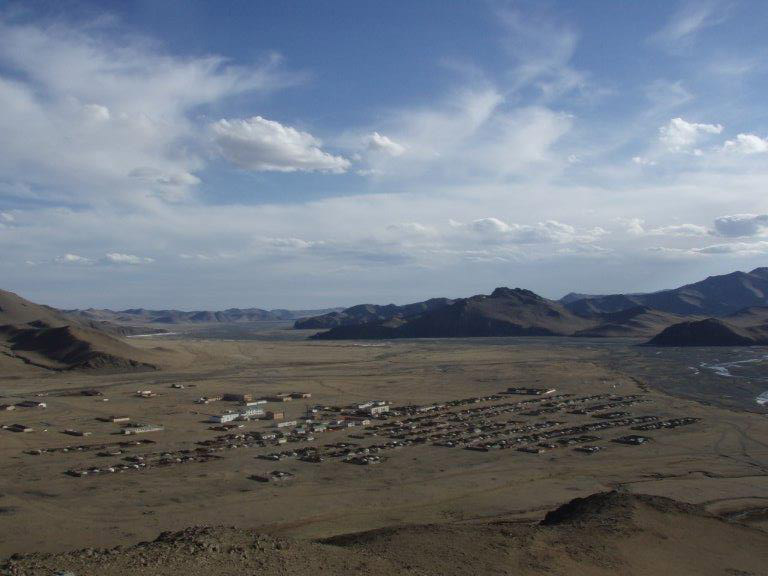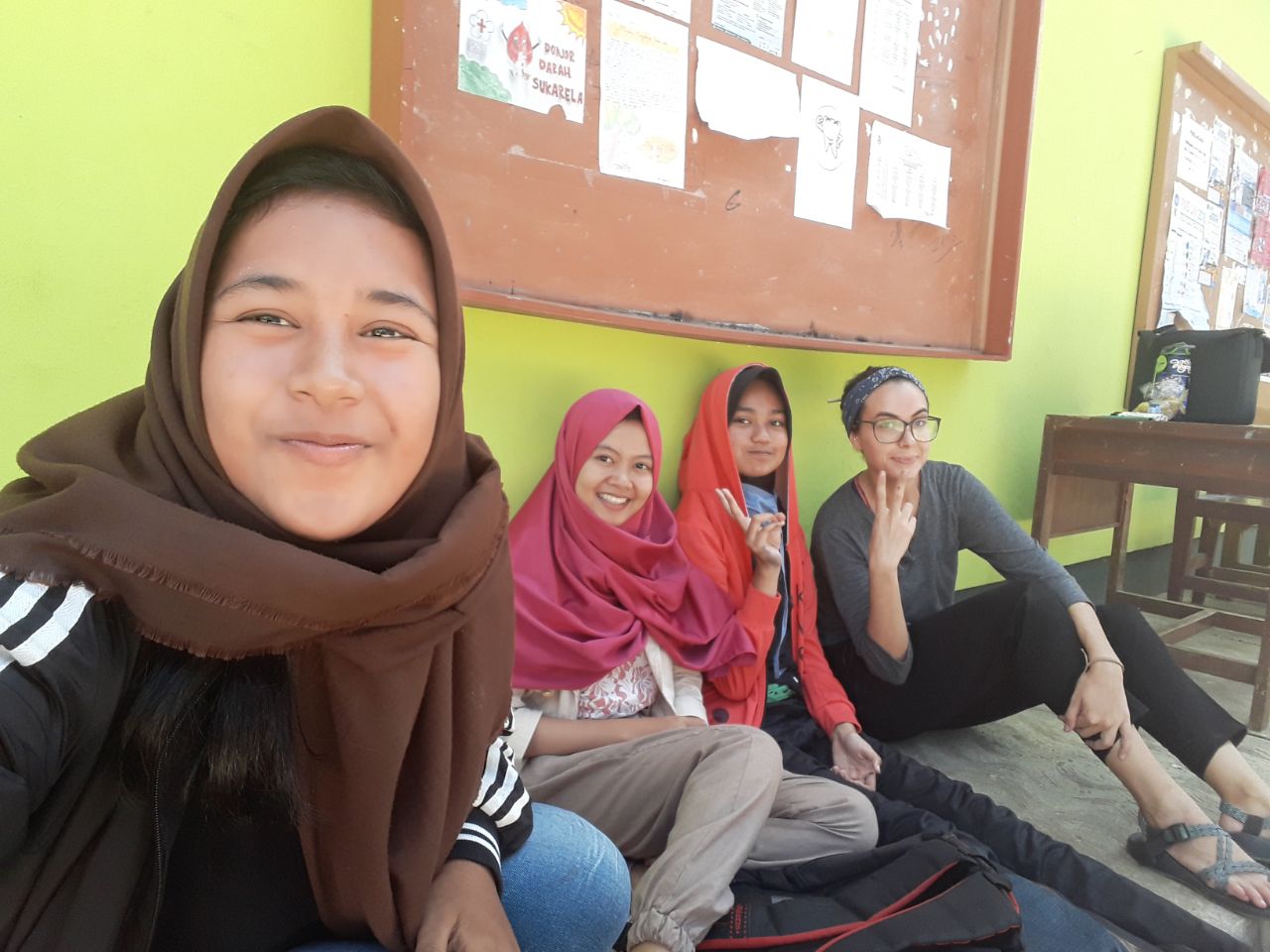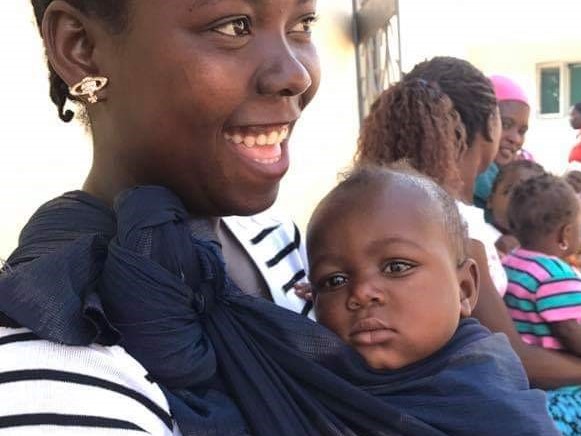At Mizzou, there are currently 37 graduates in the Peace Corps and 1,083 Mizzou grads have joined the Peace Corps since its establishment in 1961, says Colón. In addition, there are 33 Mizzou students involved in the Peace Corps Prep program (more information below).
Nationwide, there are currently 7,367 volunteers in 62 countries around the world and more than 235,000 Americans have served in 141 countries since 1961. The minimum criteria for selection include requiring volunteers to be U.S. citizens and 18 years of age or older. Applicants must also clear medical and legal processes. In addition, each country and project have their own specific desired and required skillsets.
There are four ways volunteers can participate in the Peace Corps: 1) Join the Peace Corps after graduating college. 2) Join PC Response, which requires at least 10 years’ experience through graduate school and/or professional development. This program requires nine to 12 months of service versus two years like the other programs. 3) Participate in PC Prep as an undergrad college student, which involves a series of coursework, volunteer activities, language and professional development aimed to meet core competencies to make them competitive applicants and successful volunteers. And, 4) Take part in PC Fellows (Paul D Coverdell Fellows), which provides scholarship opportunities for those who want to continue their education (grad school) after spending time in the Peace Corps. For the latter, people typically apply for scholarships as soon as they come back from service.
The university benefits in several ways, says Colón: Through the campus, the community, and networking opportunities. “Peace Corps Volunteers bring with them a wealth of international experience in a variety of fields. In the classroom, Peace Corps fellows are motivated, ready to learn and eager to expand upon their Peace Corps experience.
“Peace Corps fellows also help create a community of those interested in the mission of the Peace Corps, often organizing campus-wide volunteer events and promoting international understanding.
“In the community, returned volunteers are experienced in adapting to new cultures and environments, developing and managing projects, dealing with cultural and language barriers, and capitalizing on limited resources,” Colón adds. “These skills and experiences are transferrable to underserved communities where Peace Corps fellows complete their internships. (As part of the Fellow program, each returnee provides continued service to the community. So, they combine grad work with Peace Corps services.)
Peace Corps returnees Kaemmerer, Fox, and Gonzalez have all enjoyed their Peace Corps service and discuss their experiences through a Q&A:
- What year(s) did you serve in the Peace Corps?
- Kaemmerer: I served from 2006 to 2008.
- Fox: I served from 2016 to 2018.
- Gonzalez: I served from 2017 to 2019.
- Where exactly did you serve?
- Kaemmerer: I served in Mongolia in a small village in Bayankhongor Province where the northern edge of the Gobi meets the Khangai Mountains. I was the first volunteer to ever serve at my site.
- Fox: I served in a small mountain village called Panawangan in West Java, Indonesia.
- Gonzalez: I served in Mozambique in Gaza Province in a village Matchelene not far from the Indian Ocean.
- What were your duties while there?
- Kaemmerer: I was officially an English teacher at a middle school. I taught 7th, 8th, and 9th grades, but occasionally 4th graders and adult learners. I also did side projects with other volunteers in the province center.
- Fox: I was a secondary education (high school) English teacher and led English Club, Career Prep Club, and Creative Writing Club at my school. I also served on the Peace Corp Indonesia Peer Support Network and Edited our Volunteer paper Kabar Kita.
- Gonzalez: I was a community health volunteer; my primary duties was to help my hospital focus on Malaria and HIV prevention. My secondary project was developing a medical waste incinerator that works in a rural environment not dependent on electricity to run it. This allows for a safer way of disposing medical waste.
- What was your most memorable experience?
- Kaemmerer: Ha ha. That’s an impossible question. In fact, I would argue that’s the wrong way to think about it. After all, you’re there for two years, and you experience so many ups and downs, good days and bad, that it becomes everyday life. The whole experience was memorable: it was probably the most formative experience of my life.
- Fox: Taking my English Club students on a final field trip before they graduated and I left Peace Corps. Most had never been to a movie theater, so we went to see Avengers and had lunch. It was a really special day for us all.
- Gonzalez: I have too many to pick from, but one that comes to mind was celebrating 5 de Mayo with my Mozambican neighbors, I served tacos—something they had never had before.
- What was the most difficult experience during your time there?
- Kaemmerer: It’s two years. And so, it’s difficult early on to fathom being away from home for so long in a place so different from where I came from. Soon though the challenge becomes not that the time is so long, but that there seems to be so little time left!
- Fox: The social isolation, missing out on things happening at home. I had friends and family who adopted me in my village (I lived in a house with eleven other Indonesian people), but Peace Corps Volunteers spend two full years with people who haven’t known them longer than those two years. It’s very jarring.
- Gonzalez: Probably the isolation, at times you have to keep yourself busy to distract yourself from the loneliness you feel.
- What was most rewarding during your time there?
- Kaemmerer: It was a profound personal and professional education—and a lesson in humility: learning a new language and culture and life, but also learning about myself. And because I have been back twice since then I have been able to watch my students grow into strong and successful adults: teachers, soldiers, herders, moms and dads, business people and world travelers.
- Fox: Working with my students, especially those in my after-school clubs.
- Gonzalez: Almost everything about Mozambique is rewarding—the friends you make for life; you get to learn a new language and you a place you always call home away from home.
- How did your experiences benefit the university?
- Kaemmerer: I think RPCVs bring a special perspective. Students benefit from this deeper understanding of the world.
- Fox: I now have prior teaching experiences that helps with serving as a TA.
- Gonzalez: As RPCVs a lot of what is taught in the classroom is something we see first-hand. RPCVs can apply that experience at Mizzou.
- Would you do it again?
- Kaemmerer: Of course.
- Fox: Yes! And I hope to.
- Gonzalez: Yes.
- What tips can you give to others who want to apply for the Geography Peace Corps’ program?
- Kaemmerer: There is a major shift from working at site to sitting in a graduate seminar; for some, the transition to “academia” can be like whiplash. I’ve come to appreciate both. Keep the enthusiasm for discovery and learning. Be open. Mizzou’s geography program rewards those who want the freedom to explore and who are motivated to do so.
- Gonzalez: I would recommend you spend some time and reflect what you have done in the last two years specifically a project or something that is unique. Because you need to show how those skills can be of value when perusing a degree in Geography.
Taking Applications for 2020-2021 School Year
The Department of Geography offers a Paul D Coverdell Fellows in Geography each year, if competitive applicants apply. According to Soren Larsen, department chair, they already have several inquiries for next year’s program from prospective grad students who are in the Peace Corps. “We are looking for highly motivated students who are interested in advanced study in geography or related areas,” Larsen says.
This fellowship allows graduate students who have returned from Peace Corp duties an opportunity to learn and grow from their experiences through educational opportunities and civic engagement. Fellowship awardees receive departmental assistance, which includes a tuition waiver, subsidized health insurance, and an annual stipend toward their 32-hour grad program expenses. The program is open to students who have completed Peace Corps service. For more information, visit https://geography.missouri.edu/prospective-students/coverdell-peace-corps-fellowship.
To apply, or for more information, call the Department of Geography at 573-882-8370 or email geog@missouri.edu.




